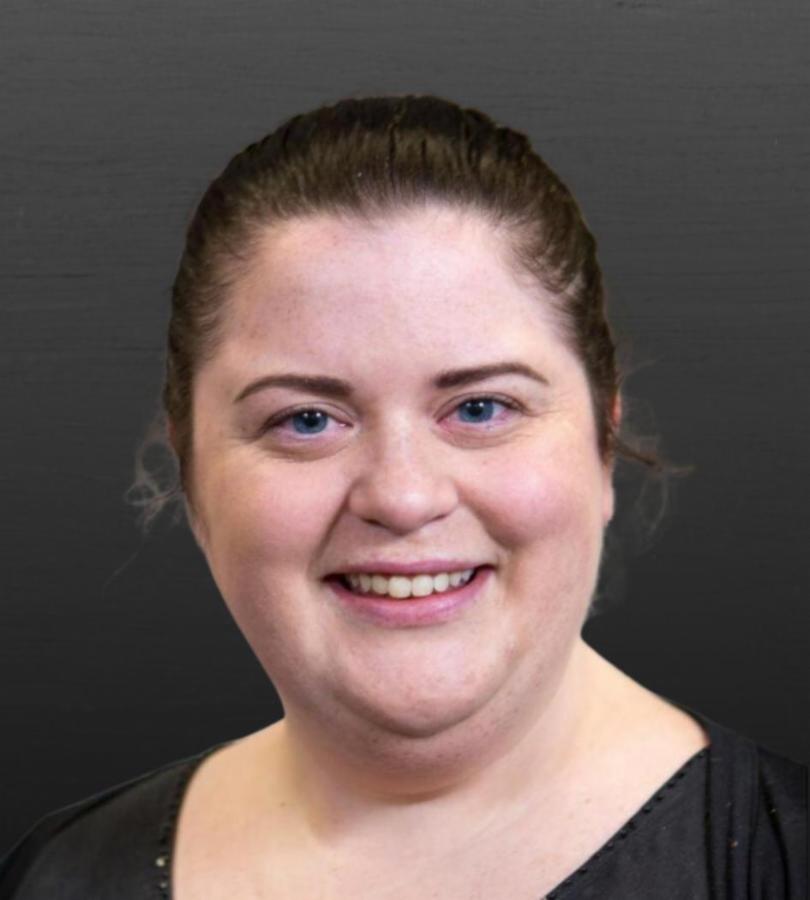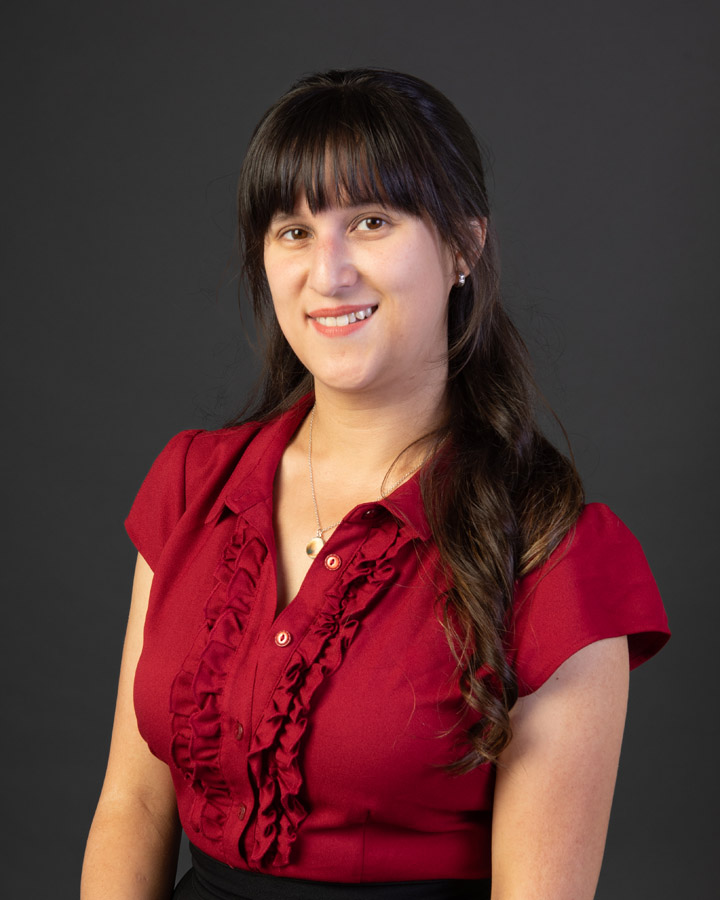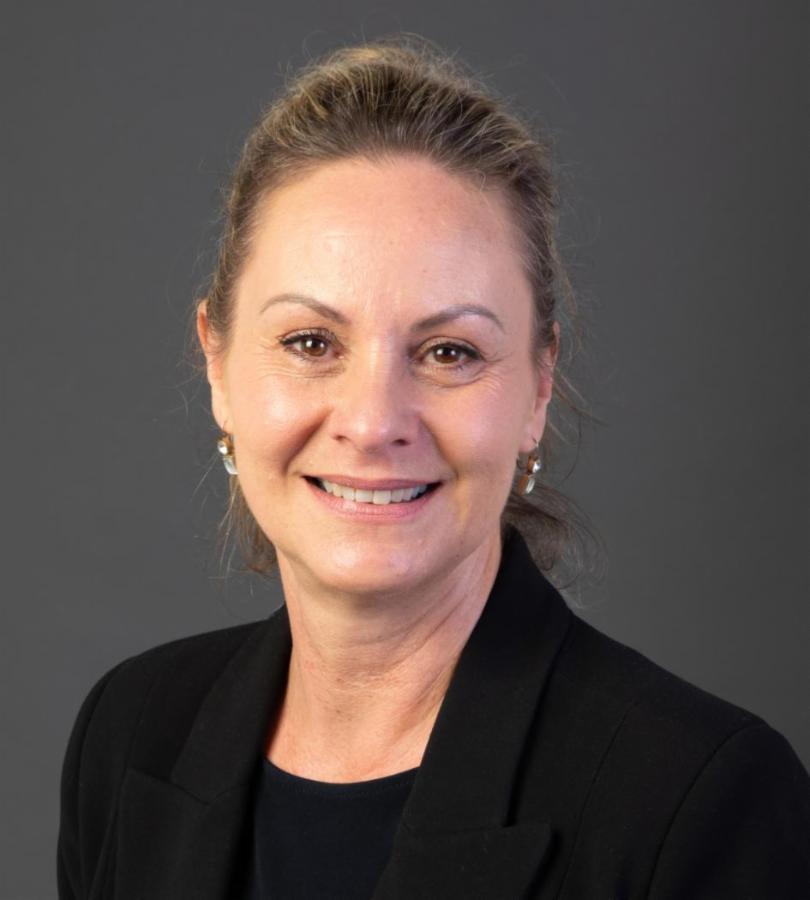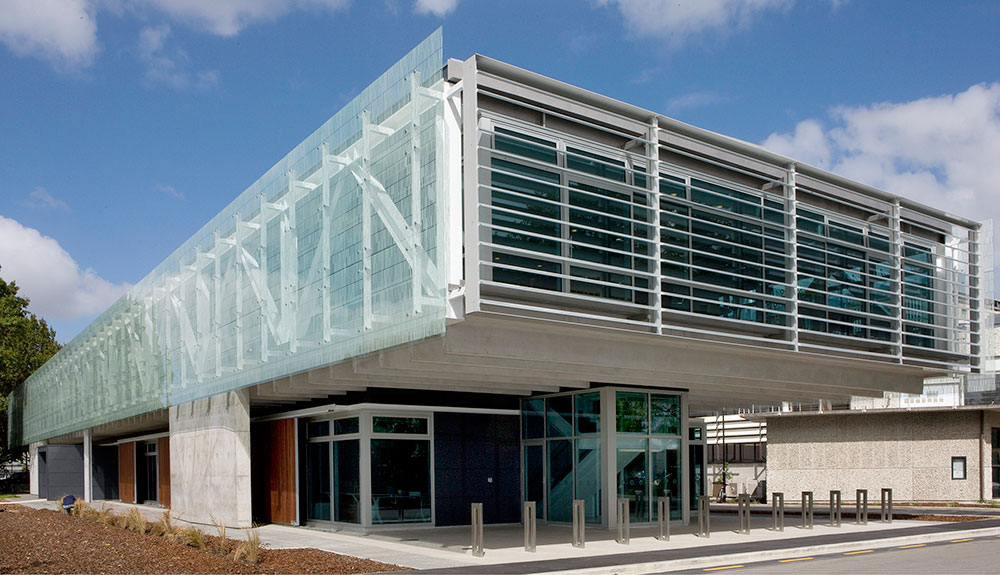Menu
Study
Ako
Life
Te Ao o UC
Contact us
Regular hours
Refer below for contact hours.
Special hours
Our people
Office of the Executive Dean
-
Saurabh Sinha

-
Saurabh Sinha

-

Saurabh Sinha
Amo Matua, Pūhanga
Executive Dean - Engineering
-
Yolande Lawrence
-
Yolande Lawrence
-

Yolande Lawrence
Personal Assistant
-
Pedro Lee
-
Pedro Lee
-

Pedro Lee
Associate Dean
-
Rua Murray
-
Rua Murray
-

Rua Murray
Ahorangi, Amo Tuarua (Akoranga)
Associate Dean
-
Sid Becker
-
Sid Becker
-

Sid Becker
Associate Dean (Academic: P&I)
Administrators
-
Ali Shahbaz
-
Ali Shahbaz
-

Ali Shahbaz
Quality Assurance Co-ordinator
-
Candy Lin
-
Candy Lin
-

Candy Lin
Lecturer - Teaching and Admin
-
Elizabeth Schmidt
-
Elizabeth Schmidt
-

Elizabeth Schmidt
Faculty Manager
-
Matt McPherson
-
Matt McPherson
-

Matt McPherson
Academic Administrator
-
Vicki O'Sullivan
-
Vicki O'Sullivan
-

Vicki O'Sullivan
Faculty Office Administrator
Student Advisors
Our faculty student advisors are here to help you plan your degree and courses. Get in touch on:
Undergraduate: engdegreeadvice@canterbury.ac.nz
Postgraduate: engpgdegreeadvice@canterbury.ac.nz
Phone numbers:
- Domestic: 03 369 1717
- International: +64 3 369 1717
- UC internal: 91717
-
Brooke Rowland
-
Brooke Rowland
-

Brooke Rowland
Student Advisor
-
Emma Clark
-
Emma Clark
-

Emma Clark
Student Advisor
-
Jess Lagoutte
-
Jess Lagoutte
-

Jess Lagoutte
Student Advisor
-
Tracey Robinson
-
Tracey Robinson
-

Tracey Robinson
Student Advisor
-
Katharina Jenner
-
Katharina Jenner
-

Katharina Jenner
Work Experience Co-ordinator
-
Sally Hinkley
-
Sally Hinkley
-

Sally Hinkley
Work Experience Co-ordinator
-
Melissa Barber
-
Melissa Barber
-

Melissa Barber
Academic Services Manager
Marketing
Finance
Māori Support
Visit the Faculty Office and John Britten Building on a virtual tour
Visit our virtual tour of the Engineering Core building
By clicking "Accept All Cookies", you agree to the storing of cookies on your device to enhance site navigation, analyse site usage, and assist in our marketing efforts.
General enquiries
0800 827 748 (within NZ)
+64 3 369 3999
Emergency contact details
Ext: 92111 (from a campus landline)
Direct dial: 0800 823 637
University of Canterbury | A Fair Trade University







